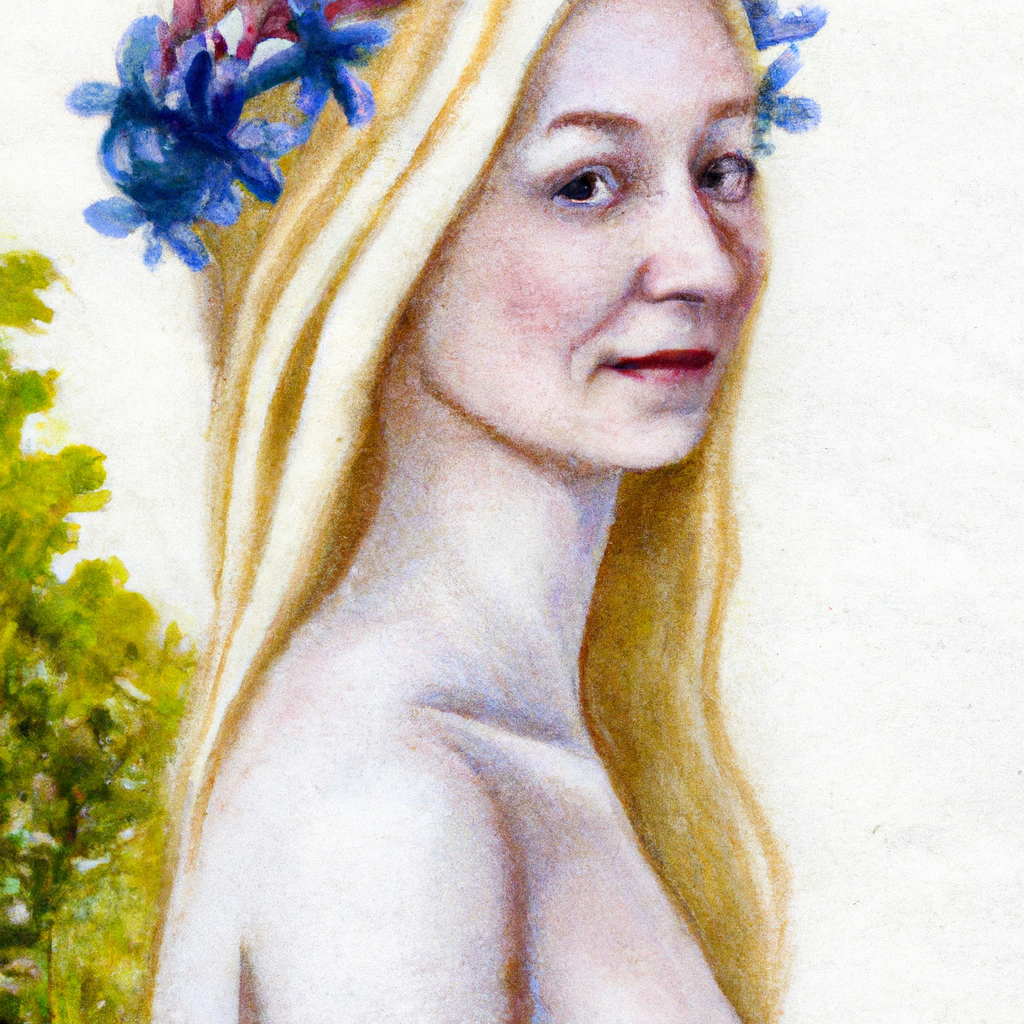Audrey Flack: The Photorealistic Tapestry of Life and Death
In the exalted realms of art, few have charted a course as strikingly vivid and vehemently varied as the inimitable Audrey Flack. It is with a heavy heart that the art community bids farewell to this pioneering photorealist. Flack, celebrated for her consummate skill and the piercing depth of her paintings, died at the age of 93.
Her canvases—often conceived as monumental tributes to the minuscule and the mundane—transfixed the harshest critics and seduced art novices alike, steering photorealism into the critical gaze of mainstream fine art. Flack’s art, once maligned by skeptics as "irredeemably hideous," now hangs with grace and grandeur in the revered halls of history’s great canon.
The legacy of Audrey Flack is embroidered in the precision of her brush strokes, which captured both the fragility and the fortitude of her subjects. From the ripened cherries that seemed to bleed rich, red juice onto sunlit tables, to the baroque intricacies of antique jewelry, each piece Flack created was a microcosm of humanity’s treasures and tears.
Flack’s journey was not merely one of artistic endeavor, but a revolution—a bold stride towards uncharted territories. Her work did not merely imitate life; it scrutinized and celebrated it, engaging with themes of feminism, mortality, and transcendence. Beyond her undeniable prowess with the brush, Flack was a sculptor and educator, whose philosophical approach to art and teaching influenced a generation.
In the quiet reflection afforded by her passing, we, the guardians of culture at Cultural.nyc, invite our readers to revisit Flack’s galleries of life. To behold an Audrey Flack painting is to peer through a lens polished with immaculate care, and to be confronted with the vivid essence of existence itself.
The tapestries of her legacy, woven with the threads of realism and the colors of pure human emotion, remain with us. As we continue to gaze upon them, may we find the clarity and vision that she shared through her art—a vision that challenges, comforts, and compels us to think profoundly about the fabric of our own lives.

